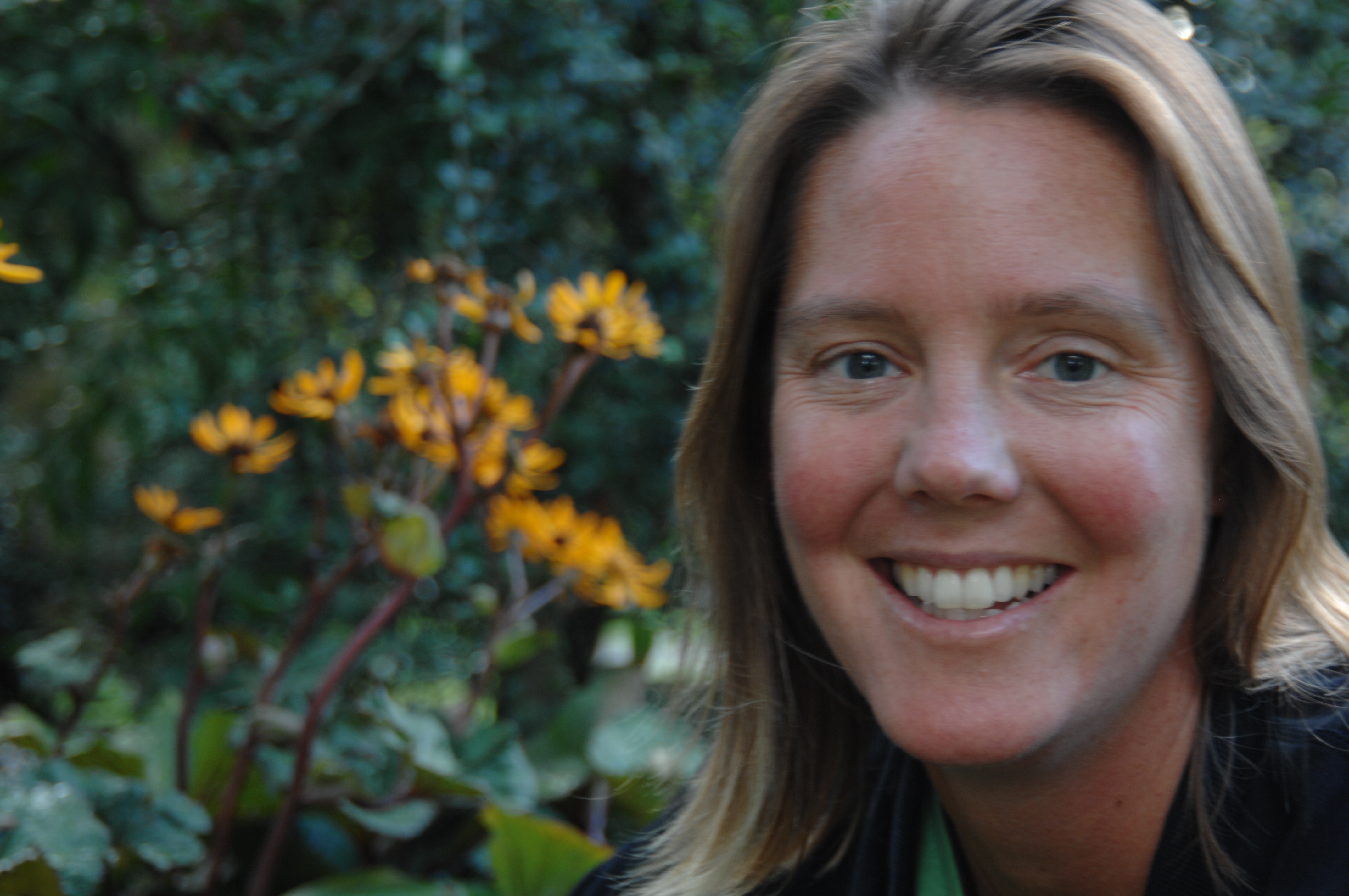I awoke this morning with a scratchiness in my throat that was similar to the time when I contracted strep throat. The feeling this morning was different though. Maybe it was more like the day after having attended an Ozzy concert. And yet, the feeling this morning was different. I am not sick, nor did I go to a rock concert last night. Instead, I went to therapy. During our session we talked about my reluctance to acknowledge or recognize the feeling known as anger. We explored how I could come to appreciate the full complexity of emotions, my words not hers, and after sharing with her that I feel like I just want to yell, she suggested I do just that.
There are some older adults who feel like yelling too. Recently, a woman in her seventies shared, “I was shopping with my friend who is 25-years younger than me and all the store clerks’ directed their answers to her when I was the one asking the questions. Even if I screamed, right there in the store, I am certain I wouldn’t be heard.”
There is a disproportionate number of older adults who commit suicide. According to the World Bank, 15% of the US population is 65 and older and yet the American Psychological Association, states that 20% of people who committed suicide in 2016 are ages 65 and greater.
There are many reasons why a person may seek out mental health support – fear, stress, anger, sadness, confusion, substance abuse concerns – and yet the U.S. Department of Health and Human Services estimates a mere 3% of people 65 and older have made the brave move of utilizing mental health services.
We can turn to the research of Speer & Schneider to see a direct link between untreated mental health and physical manifestations – immune and cardiac functions, increased susceptibility of infections, higher levels of reported pain, asthma and increases in length of recovery following surgery. Just think of how much less physical health needs there might be if we tend to our mental health.
An older adult is much more likely to get a physical check-up than access mental health services. Another reason for some older adults not accessing mental health services may be due to the insurance payment disparity. Medicare covers 80 percent of procedures and processes related to physical health and only 50 percent of mental health. Discussions of cataracts, glaucoma and hip procedures flow from the mouths of some older adults as freely as the Neuse River flowed once the Milburnie Dam was removed.
Despite the mild discomfort of a scratchy and sore throat, I am glad I yelled. The discomfort is temporary. It’s OK to yell. It’s OK to be angry. The healing extends beyond temporary. You can yell too. Be brave.

